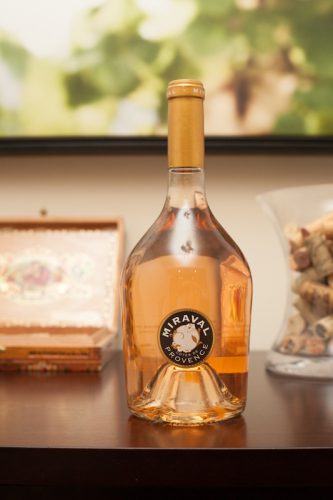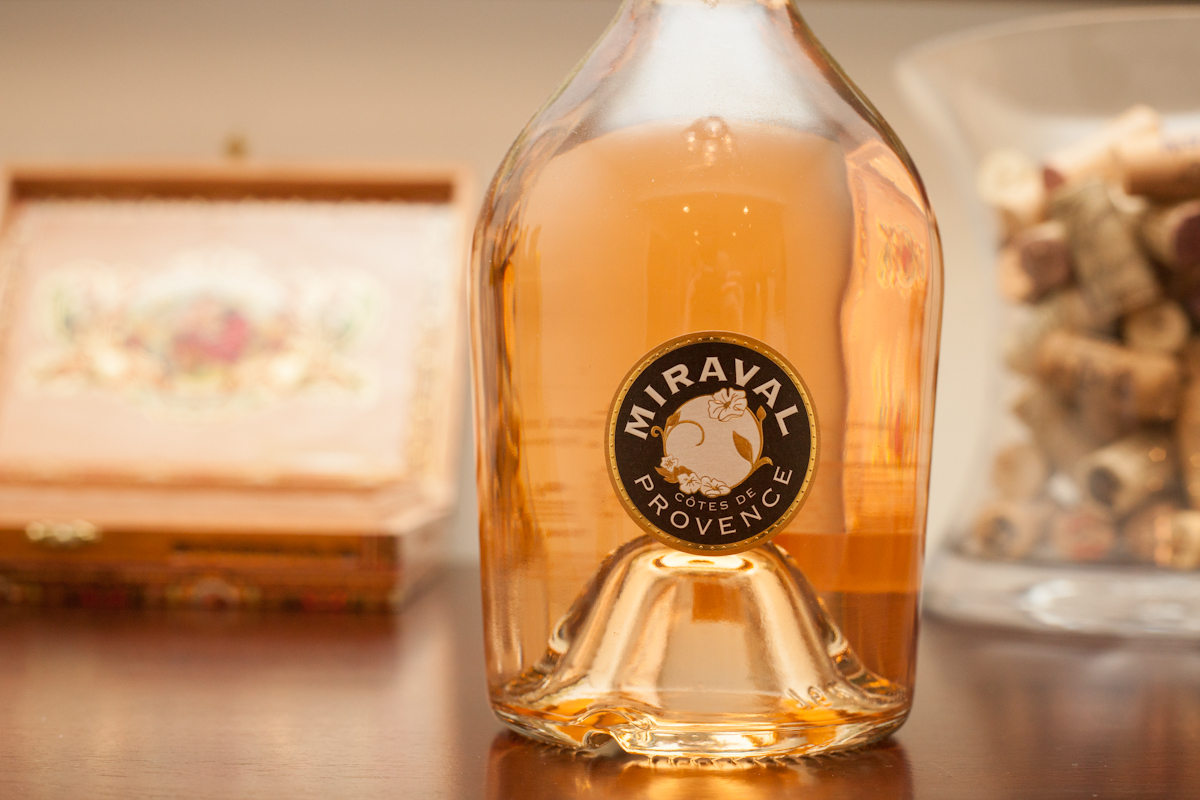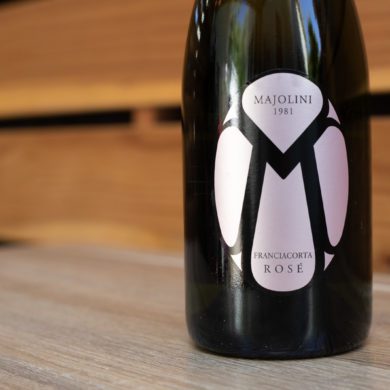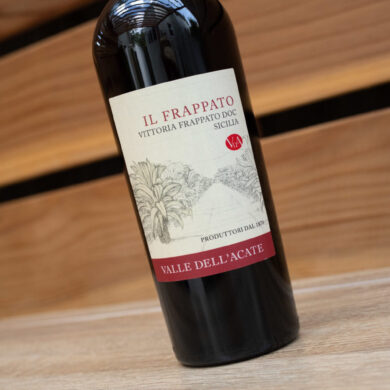I wasn’t going to do it. I simple wasn’t going to buy a bottle of Miraval Rosé, the Provençal wine made by the famous Perrin family of the Southern Rhone Valley and financed by none-other than Brad Pitt and Angelina Jolie.
The celebrity, the hype, the gushing cover story on Wine Spectator in which Brad Pitt proclaimed he was “a farmer now.” They have enough money, and press, methinks. I’ll pass.
But then on Thanksgiving, as I texted with one of my closest friends (a fellow wine lover and college friend who traveled with me around Piedmont a few years back), it appeared out of nowhere. “Curious, what are you drinking with your turkey tonight?” I asked during the thread. Back came a picture of Miraval.
“Seriously? The Brangelina wine?” I wrote back.
“Yes. It’s outstanding,” Adam replied.
It has been said that nothing is more powerful in marketing than word-of-mouth praise. Given my drinking history with Adam, if he suggests I try something, I end up trying it. A few weeks later I happened upon a bottle of Miraval at my local wine shop, and — surprising myself — I added it to my cart.
I always want to share wines that have an intriguing story behind them. But sometimes, the most intriguing part is the hype that surrounds a particular wine. Last summer, I popped open a bottle of Eroica — the darling of Riesling-loving wine writers everywhere — and I failed to find a single thing memorable about it. Perhaps Miraval would be similar. It seemed likely: given its exceedingly high praise, the only direction it could head was down, right?
Truth be told, I liked the wine before I even uncorked it. You could get intoxicated just looking at the curvaceous bottle and the orange-rose elixir inside. It is a beautiful-looking wine, no doubt. (And don’t for a minute believe that appearance doesn’t matter. If chefs can “plate” food because we “eat with our eyes,” than winemakers can certainly emphasize and embellish the visual traits of their wine, too.) The Miraval Rosé looks prestigious, as though it ought to be held for a special occasion.
For my wife and I, that special occasion was that we had a babysitter for the night. With so much space and time we could linger with the wine and perhaps get a sense for it. My expectation was that it would be exceedingly fruit-forward, thus explaining the high points it garnered (something that often happens with wines sampled in a mass tasting). But it was zippy with acidity, leaving a delightful tang of lemon over a deeper note of strawberry and peach. There was a trace of stoniness — an attribute I always enjoy in a lighter wine — and a well-rounded feel that was inviting and suggestive of a half dozen food pairings.
In the end, this was a serious wine. It felt distinctly Old World to me, which I appreciate given what I would expect from Mr. and Mrs. Smith. It might not be my drink of choice at our next Thanksgiving, but it will probably find its way back onto our table, especially once summer rolls around and we can start eating al fresco in the backyard again. After all, that’s what Provençal wines are all about.
2013 Miraval Rosé
 Côtes de Provence, France
Côtes de Provence, France
Grapes: Cinsault, Grenache, Syrah and Rolle
Alcohol: 13%
Rating: ★★★★ (out of five)
• Profile: ★★★★
Food Friendliness: ★★★★
• Value: ★★★ 1/2
Recommended for: Sharp, aged cheeses; Crudo or ceviche; backyard summer parties with no agenda.
Tasting notes: With its gorgeous color of orange-rose, the 2013 Miraval Rosé is certainly an evocative wine at first glance. Its aromas of stone fruit are nicely anchored by an earthiness that recalls the scent of wet sand. The body is noticeably acidic, which is countered nicely by the bright notes of strawberry and lemon, then rounded out with a complete finish that is best described as a little bit stony. At $19, it is priced quite well given its high demand. Give it a shot.
Additional Reading
- Wine Review: Is Brad Pitt and Angelina Jolie’s Rosé Worth the Hype? – by Sarah Ball (Vanity Fair)
- Brad Pitt: “I’m a Farmer Now” – by L.V. Anderson (Slate)
- The Curious Case of Miraval’s Grapes – by The Modern Trobadors




One Comment